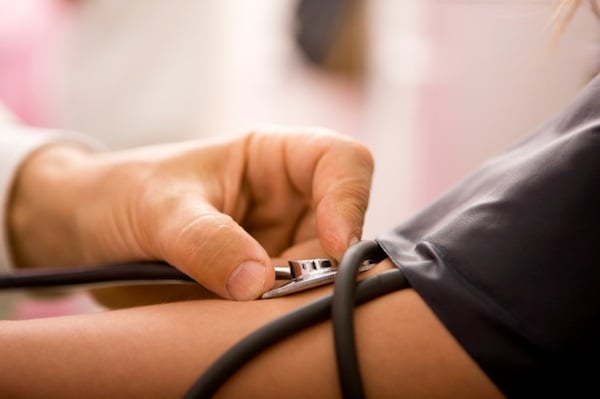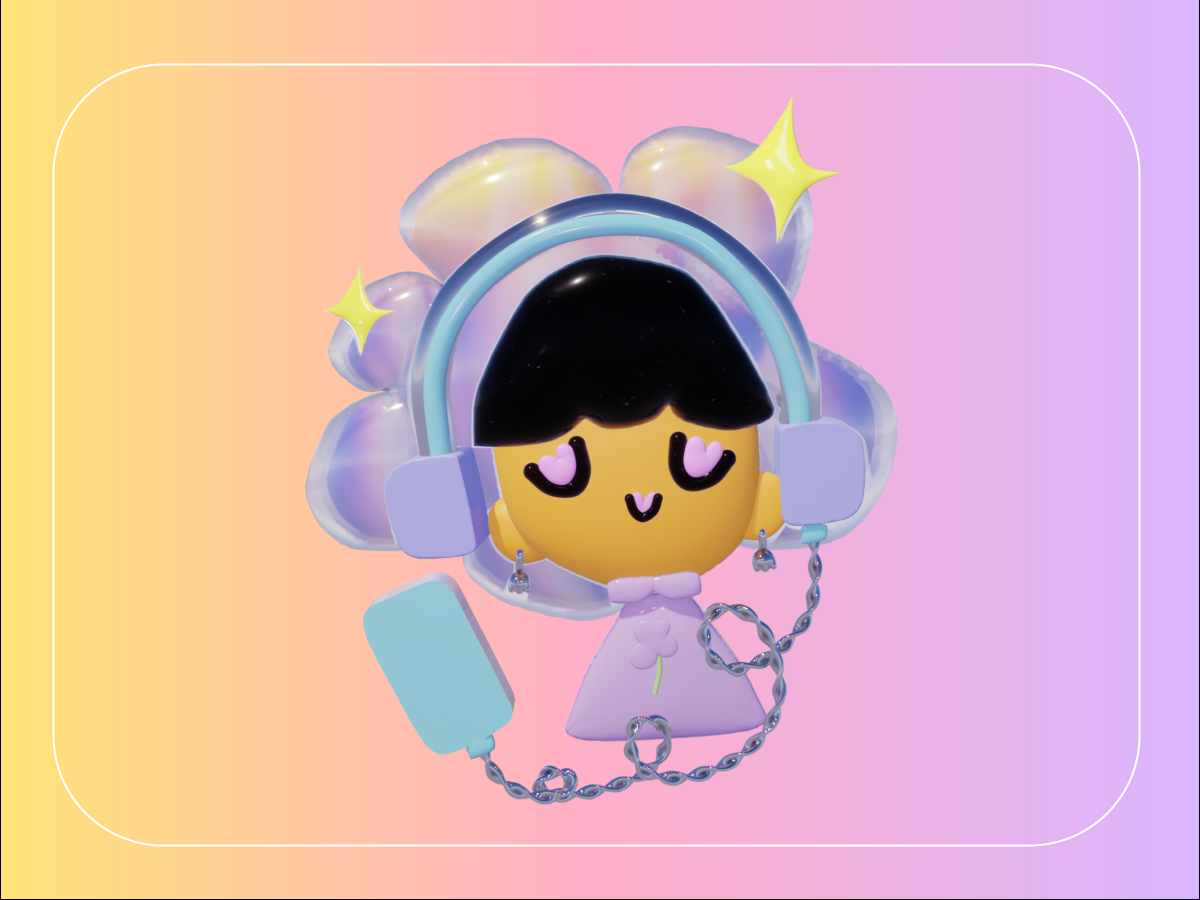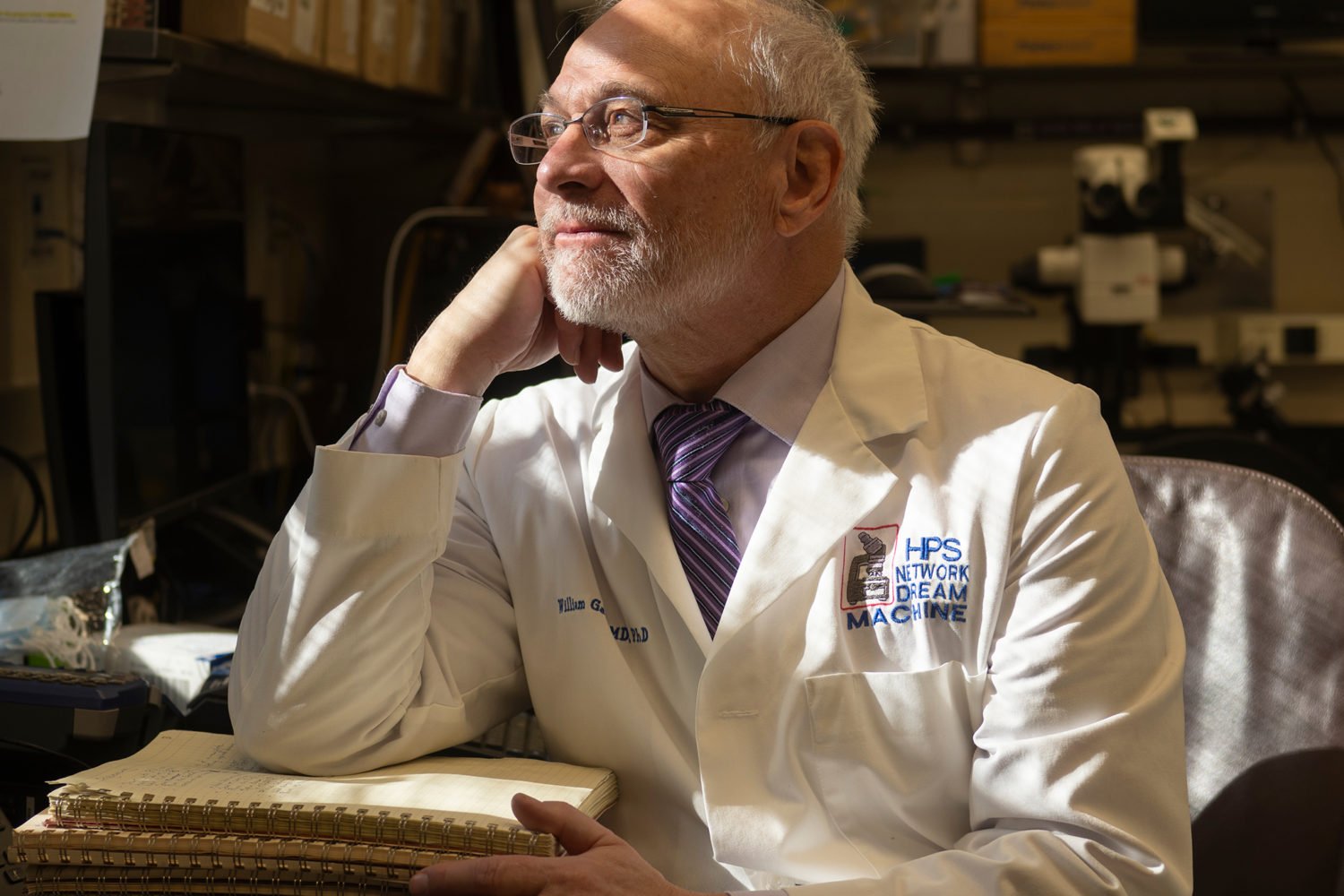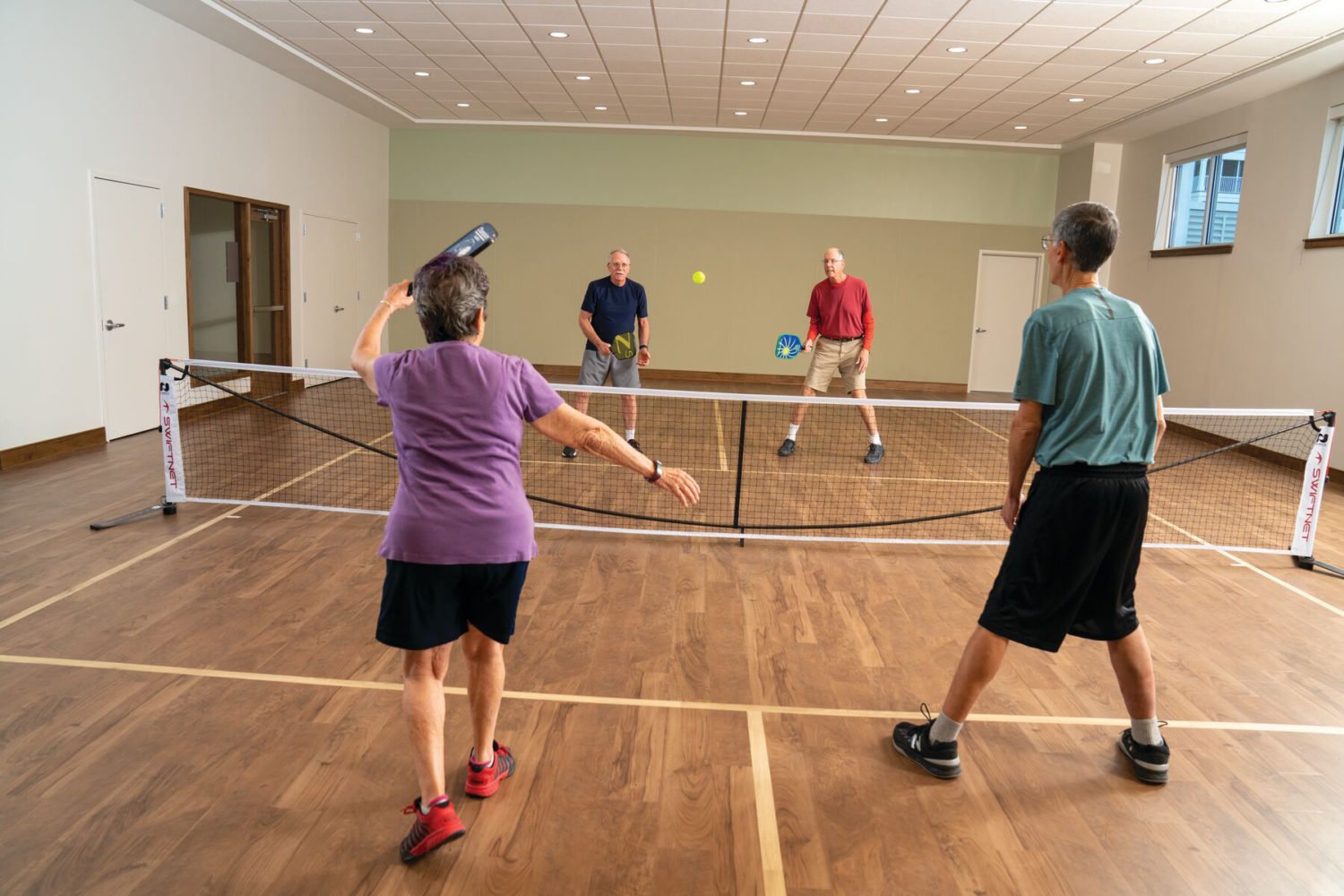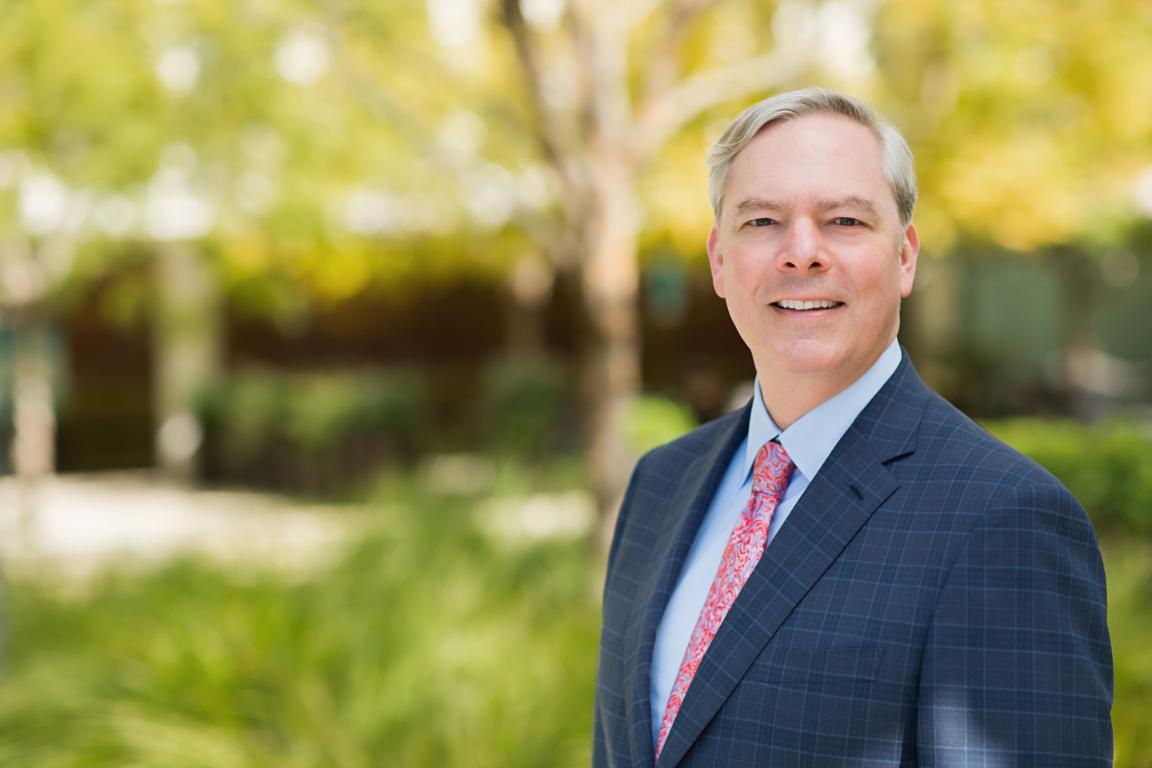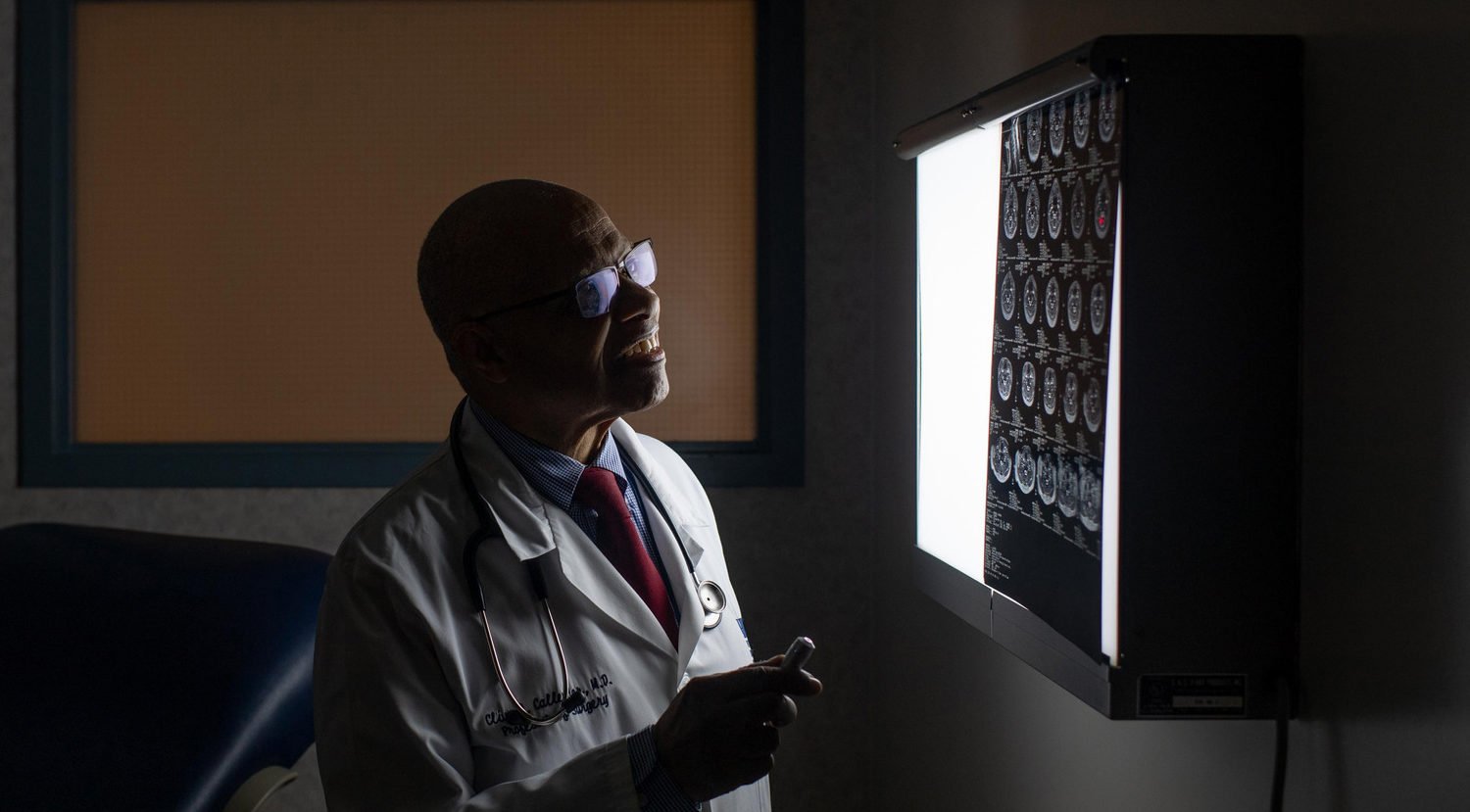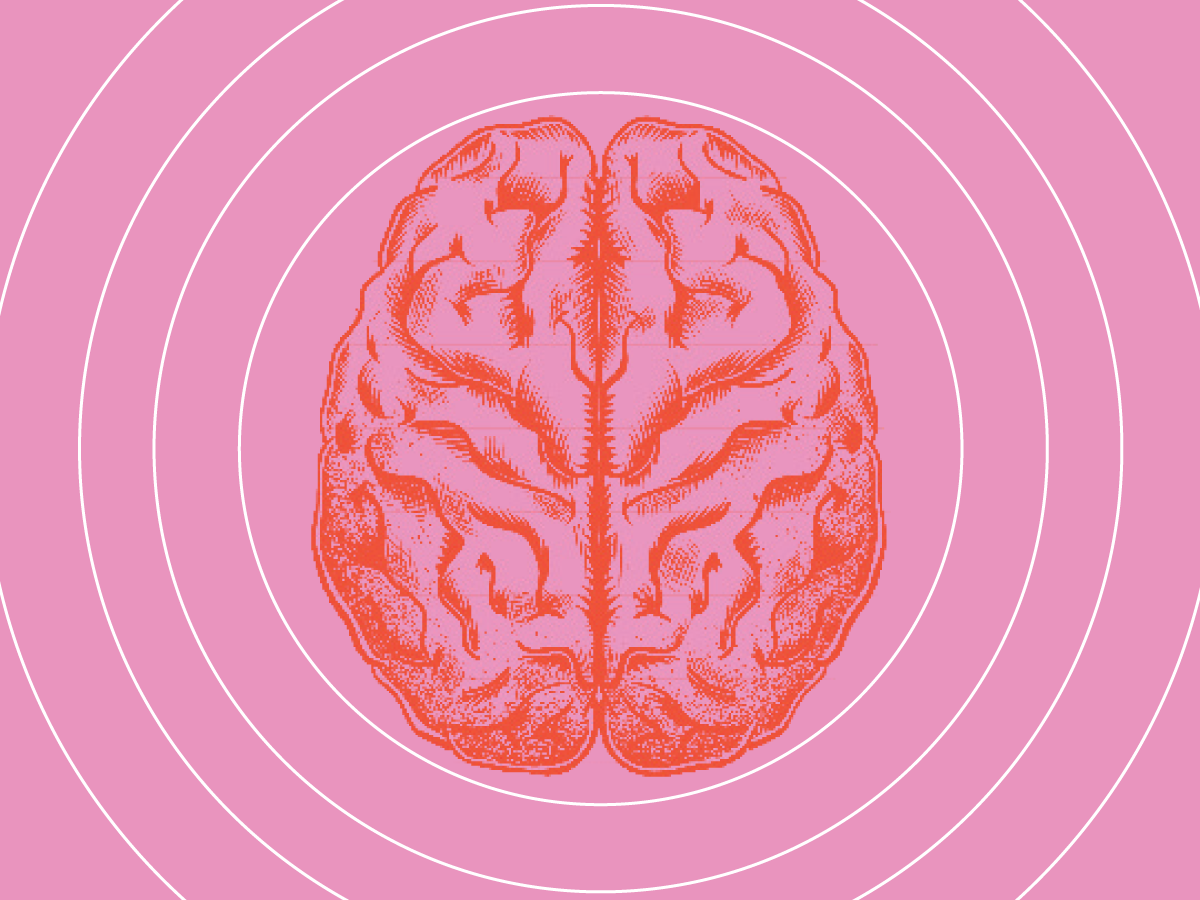A study of more than 15,000 men and women between ages 24 and 32 found that about one in five has high blood pressure. Published in the journal Epidemiology, the study was run by a team at the University of North Carolina at Chapel Hill.
The findings differ drastically from those of a previous survey by the Centers for Disease Control and Prevention’s National Health and Nutrition Examination Survey. The CDC survey found high blood pressure in only 4 percent of people between 20 and 39 years old. Though the reasons for differing results are unclear, health officials and experts are worried by the latest findings and will likely order new studies to confirm the results.
The Chapel Hill study analyzed data from 15,701 respondents, who were interviewed and given physical exams. Participants were asked if they’d ever been told by their doctor that they had high blood pressure, then gave three blood-pressure readings; two were averaged together and entered into the study. In the end, 19 percent of participants were found to have high blood pressure. Of those, only about half—11 percent—had been told by their doctor that they had the condition.
The results might be surprising to those who think high blood pressure, also called hypertension, is a problem mainly for older people, who have stiffer arteries. These findings suggest that a significant number of young people are at risk, too. People of all ages who smoke, eat a lot of salt, are frequently stressed out, or are overweight are also at a higher risk for hypertension.
High blood pressure is fairly easy to manage—lifestyle changes and medication typically do the trick—but you don’t want to let it go unchecked. Hypertension can contribute to strokes, brain damage, pregnancy complications, and kidney disease. It also increases a person’s risk for heart disease, the leading cause of death for adults in the United States.
Subscribe to Washingtonian
Follow Well+Being on Twitter
More >> Health | Top Doctors | Well+Being Blog

